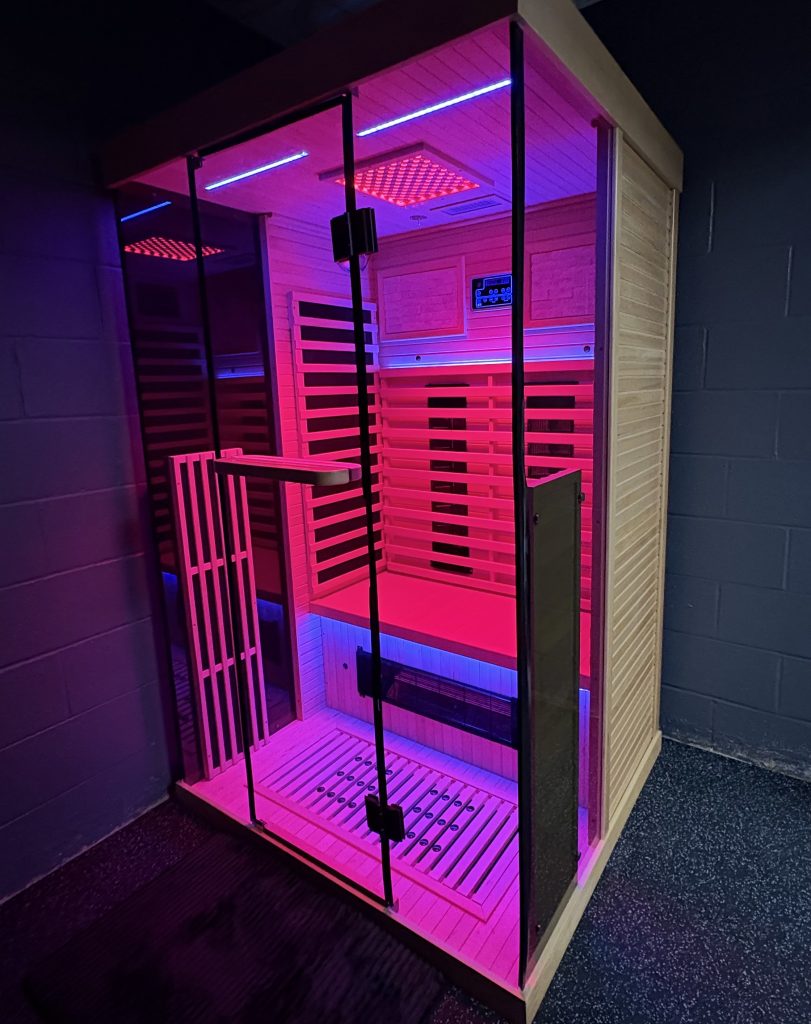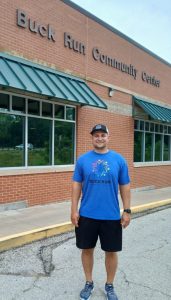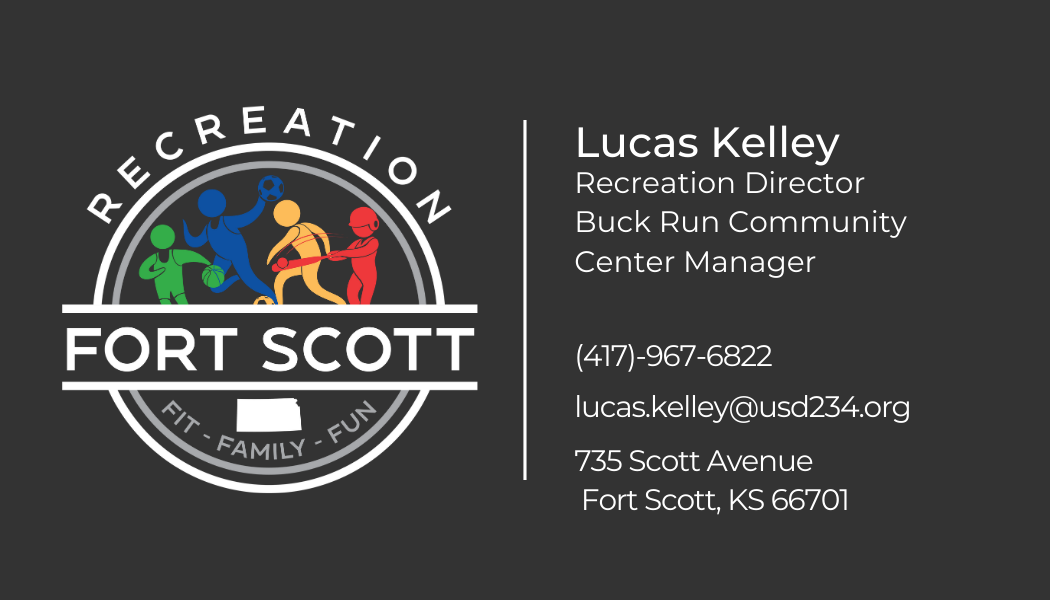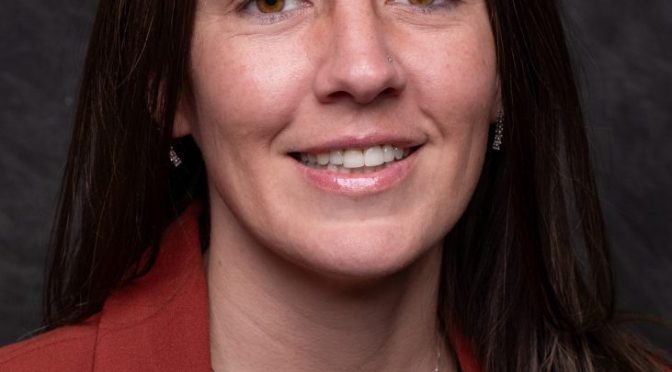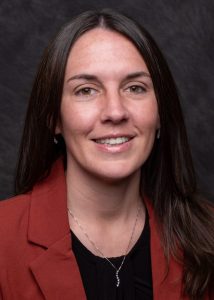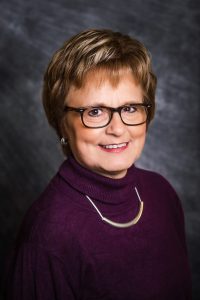Regional Health Challenges Highlighted in New CHC/SEK Study
PITTSBURG, Kan.—The Community Health Center of Southeast Kansas (CHC/SEK) has released the results of its 2026 Community Health Needs Assessment—a detailed look at the biggest health challenges facing people in Southeast Kansas and Northeast Oklahoma. The organization conducts this study every three years to determine what matters most when it comes to healthcare and how best to help.
To create the assessment, CHC/SEK staff talked directly with patients through surveys, interviews, and group discussions. Additionally, staff consulted a wide variety of public health data as well as needs assessments from other local health organizations. The organization’s board of directors, many of whom are patients themselves, helped guide the work.
“At CHC/SEK, listening is at the heart of what we do. Our neighbors know what they need when it comes to healthcare, and as a local organization, we’re committed to hearing them as we plan ahead,” said Jason Wesco, CHC/SEK President and Chief Strategy Officer.
Why Where You Live Matters for Your Health
CHC/SEK staff looked at how living conditions affect people’s ability to get care and stay healthy. Studies show that up to 70% of a person’s health is shaped by their environment outside the doctor’s office—where they are born, where they live, and where they work. Especially in rural areas, these everyday conditions create major obstacles to good health and contribute to higher disease rates.
What’s Getting in the Way
CHC/SEK identified several barriers to better health in the region:
- Fewer people living in rural areas and changing demographics
- Struggles with poverty and finances
- Shortage of healthcare providers and difficulty accessing care
- Challenges with housing and community infrastructure
- Lack of affordable childcare
- Social isolation and weak community connections
- Gaps in education and unhealthy habits
Top Health Problems
The region sees higher-than-average rates of chronic disease, mental health issues, and preventable deaths. The most common health problems include heart disease, cancer, obesity and lack of physical activity, diabetes, mental health conditions, substance use, lung disease, pregnancy and infant health challenges, injuries and accidental deaths, and Alzheimer’s disease and dementia.
What Comes Next
Based on what was learned, CHC/SEK has developed a strategic plan that includes specific programs, more efficient use of resources, and partnerships with other organizations—all aimed at tackling health challenges while making care easier to access and focusing on prevention.
“Our region faces serious challenges: a shrinking population, widespread poverty, fewer healthcare resources, and rising costs. Healthcare providers can’t just keep doing things the old way—we need new approaches to long-standing problems,” said Wesco. “Working together isn’t optional; it’s essential if we want healthier communities. We hope this report sparks conversations and leads to action as we build a healthier future for everyone.”
The full CHC/SEK Community Health Needs Assessment is available at chcsek.org/2026/02/2026-chna.
###
About Community Health Center of Southeast Kansas
The Community Health Center of Southeast Kansas (CHC/SEK) serves as a healthcare hub for communities in Kansas and Oklahoma. CHC/SEK delivers quality, integrated care to nearly 90,000 patients each year with a goal of improving health, sustaining rural communities, and providing purpose-driven work to 950 staff members. Beyond healthcare, CHC/SEK finds innovative ways to improve lives by focusing on education, housing, and transportation. Regardless of income or insurance status, CHC/SEK ensures everyone receives the care they need. For more information, visit chcsek.org.

